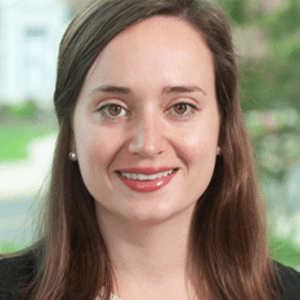A Restorative Campus Life Space as a Best Practice for Student Wellness
Overview of the Study
Introduction
Across the United States, college students are reporting increases in mental health needs. In 2015, the American College Health Association found that just over one in six students reported a diagnosis or treatment of anxiety in the past 12 months. Last year that number had risen to nearly one in three, including over half of all trans or gender non-conforming students. College campuses have been facing an increased demand for counseling and mental health services for years, with an overall 135% increase in depression and 110% increase in anxiety from 2013 to 2021, according to research led by Boston University public heath professor Sarah K. Lipson and published earlier this year in the Journal of Affective Disorders.
Please login to read the full article. Bulletin featured articles are only available to those at Full and Premium Tier member campuses, as well as retiree members.
Authors
-
Ashley Edwards is a recent geographical sciences graduate from the University of Maryland–College Park, having tailored her studies to all dimensions of sustainability: people, environment, and economics. This led to Edwards working as a main coder for the Garden of Reflection and Remembrance journal project, where she has been able to code and summarize experiences community members highlighted here. In two years of this position, Edwards has been able to research the impact greenspaces have on restorative justice.
View all posts -
Sophie Tullier, M.A., serves as the assistant director for research and assessment in the Adele H. Stamp Student Union – Center for Campus Life at the University of Maryland–College Park. She has worked in student affairs assessment since 2013, engaging her colleagues in a process of reflection and improvement guided by data. Drawn to interesting questions, she loves the behind the scenes glimpse that assessment, and particularly these journals, provide into students’ lives.
View all posts -
Monique Oliver is a recent public health science graduate from the University of Maryland. Interested in the mental health benefits that the journals can provide, she used her educational background to develop her research. During her three years analyzing the journals, Oliver started as a coder and eventually grew into the lead research assistant. Over the course of the project, she was drawn to the variety of uses that the journals serve and the therapeutic benefits that they can produce.
View all posts



